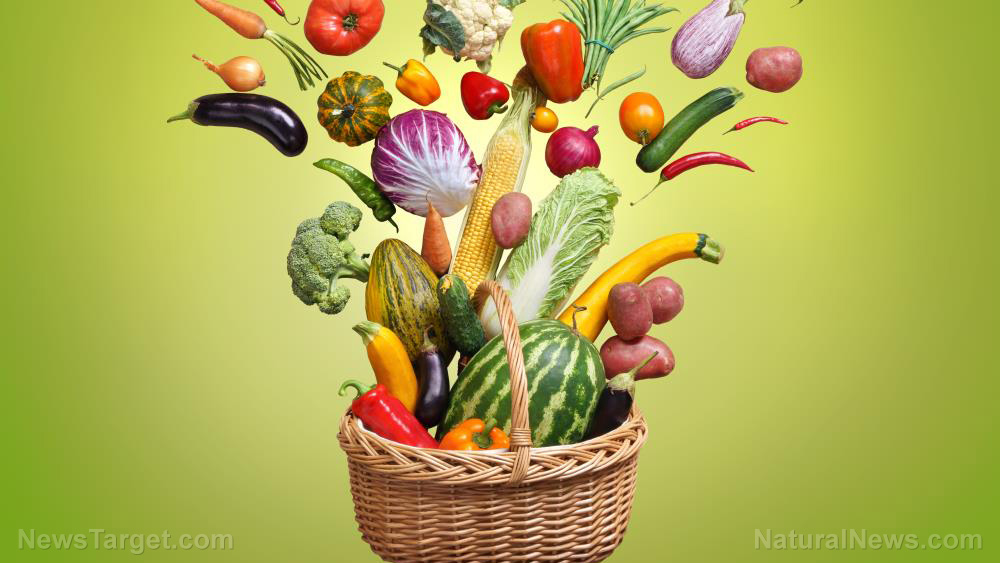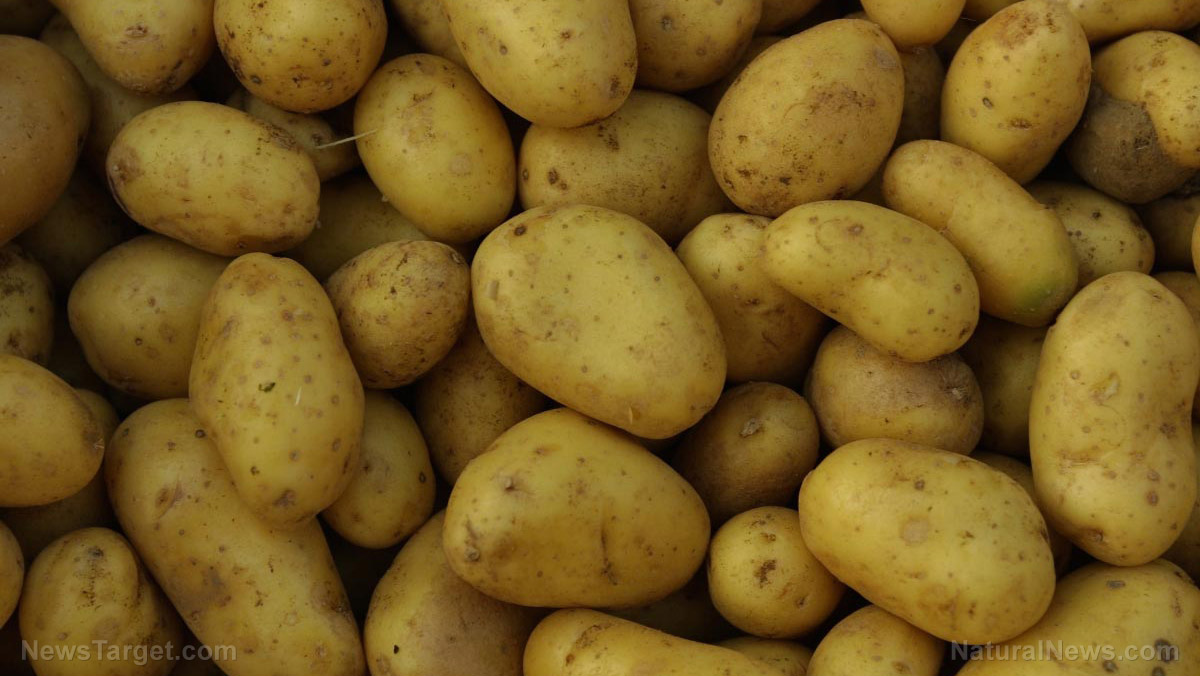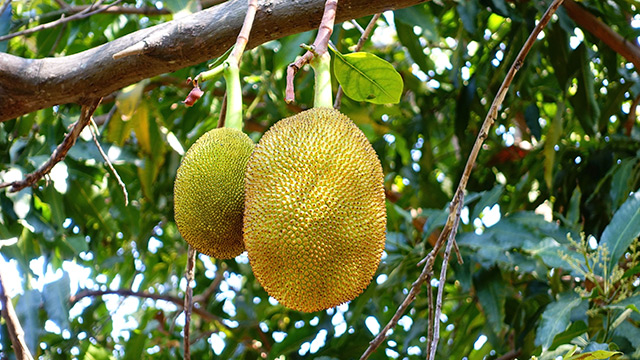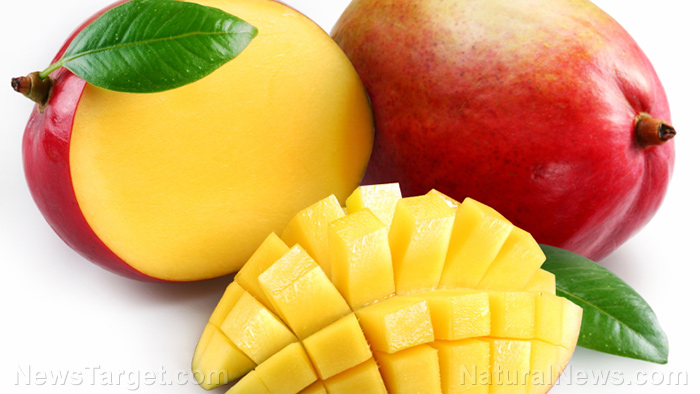PROVEN: Eating organic food lowers cancer risk
02/01/2019 / By Tracey Watson

If, like many other people, you’re convinced that organic produce is nothing more than an over-priced and unnecessary fad, you might be intrigued to learn that a study conducted by researchers from France’s equivalent of the U.S. National Institutes of Health, known as Inserm, has confirmed that organic fruit and veg is worth the extra money after all.
The research, which was published in the prestigious journal, JAMA Internal Medicine, found that study participants who ate the most organic produce had the lowest incidences of certain types of cancer.
Although the researchers stress that other lifestyle factors may have played a part in their findings, the results were still significant enough to warrant further studies and are a good indicator to consumers that eating organic can have a profound effect on one’s health. (Related: Organic produce superior to conventional on every level, study finds.)
How the research was conducted and what it found
As reported by Medical Xpress, the Inserm team would ideally have liked to have access to thousands of volunteers who could be divided into two groups: one which ate conventional produce, while the other ate only organic. These volunteers would then be monitored to ensure they were complying with their eating plan, and cancer and other health effects noted over the years. Unfortunately, the team was not able to conduct their research in this way, so they piggybacked onto another health and nutrition study which began back in 2009:
They were questioned about 16 categories of foods—including fruits, vegetables, eggs and wine—and how often they ate organic versions of them. Once a year, they provided health updates, including whether they had been diagnosed with cancer.
By the end of 2016, there were 68,946 French adults who met all of these criteria and were included in the analysis.
Based on their questionnaires, the participants were divided into four groups according to the amount of organic produce they regularly ate.
Medical Xpress reported:
This revealed that the people who ate organic food most often had higher incomes, more education and higher-status jobs. They were also more likely to exercise, to have quit smoking, and to eat higher amounts of healthful foods such as fruits and vegetables. All of these things are associated with a lower risk of cancer.
The researchers found that cancer was diagnosed in 1,340 of the participants between 2009 and 2016, most commonly breast and prostate cancers.
Overall, the participants who ate the most organic produce and made the best lifestyle choices were 25 percent less likely to develop any form of cancer than the volunteers who ate the least organic food. The cancers with the most significant risk reduction were postmenopausal breast cancer, non-Hodgkin’s lymphoma and all other forms of lymphomas.
The researchers believe the risk reduction is likely due to the lack of cancer-causing pesticides like glyphosate, malathion and diazinon on organic produce. (Related: Evidence is “overwhelming,” says EPA scientist, that pesticides contribute to cancer risk.)
The best way to fight cancer? Prevent it
You often hear of people who have recently been diagnosed with cancer cutting out sugar, switching to organic produce, losing weight and making other significant lifestyle changes. The sad truth, however, is that while these are certainly good changes, they often prove to be “too little, too late.” The best way to beat cancer is to prevent it in the first place, not to try to destroy it once it’s taken a hold in the body.
With this in mind, it is important to know exactly which lifestyle changes have the most profound effects on cancer prevention. We have been advised for years that these include maintaining a healthy weight, being physically active, limiting alcohol consumption, not smoking and eating the right kinds of foods. This means avoiding sugar and anything processed; eating organic, free-range meat that comes from animals which have not been given routine hormones or antibiotics; and switching from conventional to organically grown produce.
Any extra expense and effort involved in making these changes is well worth it, as this study has once again demonstrated. Learn more at CancerSolutions.news.
Sources include:
Tagged Under: breast cancer, cancer, cancer risk, diazinon, food science, glyphosate, grocery cures, lymphoma, malathion, natural remedies, non-Hodgkin’s lymphoma, organic produce, organics, prevention, research


















